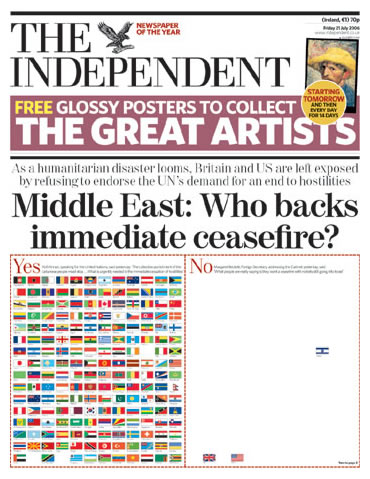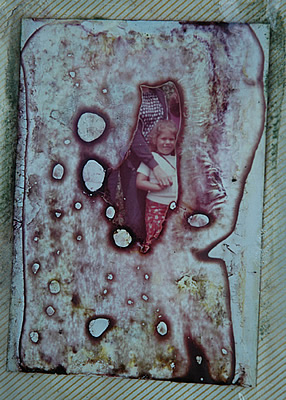There is much that is wrong with the world—seriously wrong. One feels silly speaking of this particular wrong. It is admittedly trivial. But it seems to be intractable, and so perhaps worthy of passing consideration.
The evil of which I speak is simply this: on the highway, when the traffic is heavy, it pays to stay in the lane that, as the signs warn in decreasing increments— “one mile,” “2,000 feet”, “500 feet” —will disappear. It does not pay to be in a lane (or lanes) that is (or are) not destined to disappear.
This does not seem fair. It is not fair. But it is true. Every car that passes by in the soon-to-be-gone lane necessarily lengthens the lane it enters upon merging; every car behind loses a car length—repeatedly. Even if traffic eventually stops in that lane, and a car is across from you—you can even see the driver, seems to be a nice enough person: eventually that car will be far ahead of you in your lane. Like magic—but there’s nothing magical in it. That person’s lane is getting shorter, while yours is getting longer. It’s mathematics. But, in the demotic, it’s simply called “cutting in line.” (Would these people do it at the movie theater, or the checkout line at the grocery store? There’s something about being ensconced in a couple of tons of steel that seems to bring out the worst in people.)
The point was driven home most emphatically on a recent trip to Boston and back. The sign warned that not one, but two lanes were soon to be eliminated on the left, leaving two unaffected. I positioned myself in the far right lane, thinking the next lane over would bear the brunt of the traffing merging from the two doomed lanes. To my growing surprise, traffic in the left two lanes continued to fly by. The right two lanes were crawling, but the left two lanes were flowing freely. It got to be ridiculous, really. So much so that, to my astonishment, a driver in the next lane over decided, not to merge into my lane, in anticipation of the flood of cars trying to merge into his, but into the next lane to the left. And then into the leftmost lane! What a bastard, I thought. He was acting intelligently—didn’t I just explain the math?—but he was still behaving like a filthy selfish bastard. And he was not alone. But there is nothing to stop it.
Well, there is a way of stopping it, as my lady friends have often pointed out to me with growing (and understandable) passengerial exasperation. Either do what they’re doing, or don’t let the bastards in. I just can’t bring myself to do what they’re doing—I would feel like an absolute shit. Alternatively, I’ve often managed to stay six inches from the car in front in these situations, but there’s always someone who lets the gap grow big enough to let a bastard in. And really, are we to begin ramming other cars, just because we are morally in the right? (And really, are we? Or are we just stupid? [Lady friends: “What do you mean ‘we,’ Kemosabe?”])
No, personal action by individual motorists cannot solve it. But there is a way to stop it. I saw it once. Once. A cop was at the point where the disappearing lane truly disappeared. He held those cars in place, giving the “good folks”—the ones who merged when they were warned to—a chance to continue without the smart bastards forcing their way into their lane. Once in my life I saw justice being done on an interstate highway.
Personally, I would be willing to pay a slightly higher toll on turnpikes, or a slightly higher income or sales tax, to have a cop stationed like that noble law enforcement agent in my sweet memory, making smart bastards pay for their smart bastardy, rewarding good-hearted, gentle folk who believe in playing nice and sharing equally the inconvenience of a constricted highway. But I doubt it will ever happen. The problem is apparently “intractable” in practice, not in theory.
At any rate, there is so much right with the world, it’s dopey of me to write about this. I apologize if you feel even dopier for reading it. The only consolation on my recent trip is that I was alone in the car when it happened.






